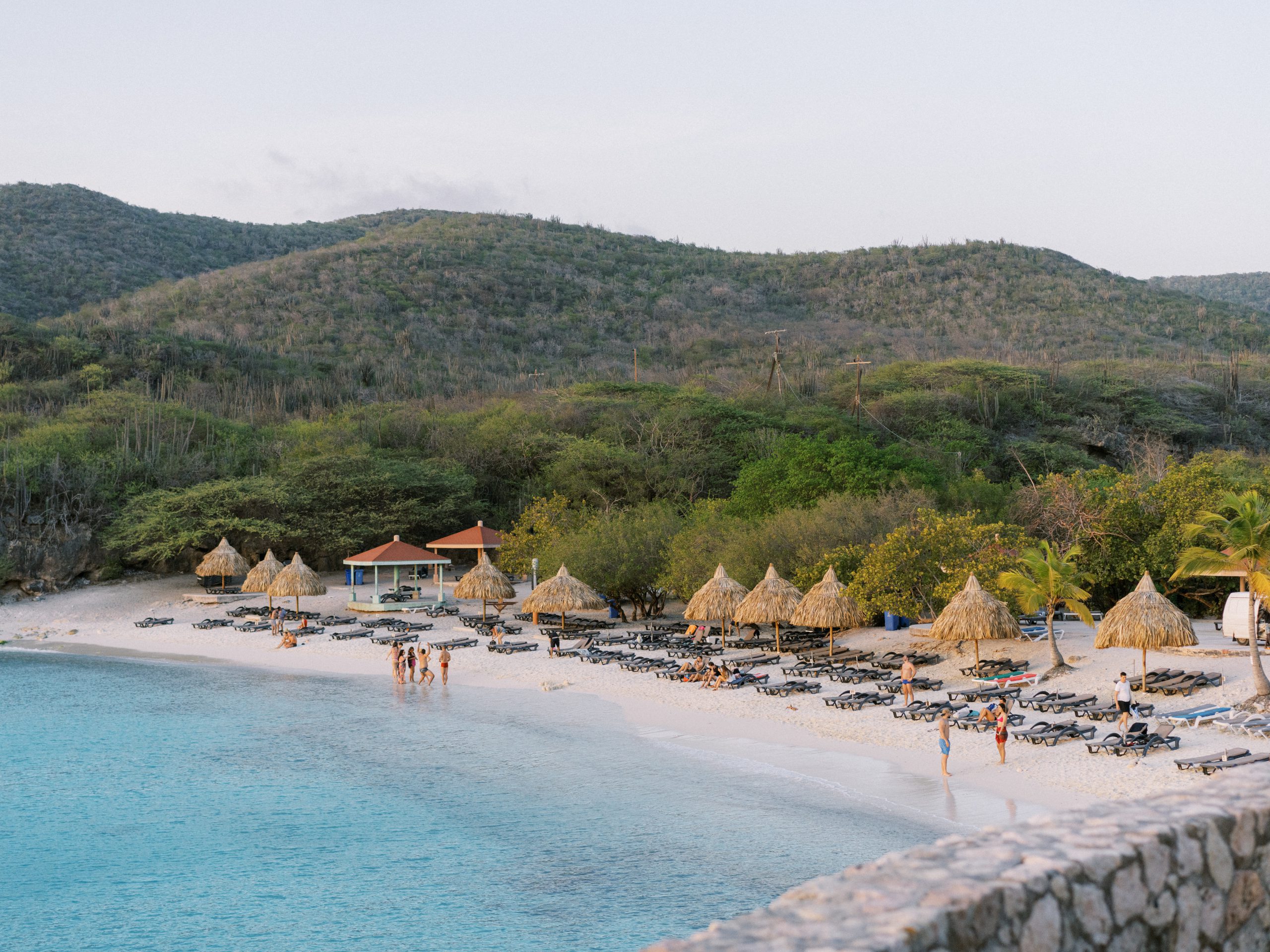Unlocking Real Estate Dreams: A Guide for Foreigners Buying Property in Curaçao

Curaçao, with its azure waters, diverse culture, and welcoming atmosphere, has emerged as an attractive destination for individuals looking to invest in a slice of Caribbean paradise. A common question among potential investors is: Is it possible for a foreigner to buy real estate in Curaçao? In this article, we’ll explore the legal landscape, potential challenges, and steps involved in making this dream a reality.
The Legal Landscape:
Fortunately, Curaçao welcomes foreign investment and owning in its real estate market. The legal framework allows non-residents to own property, offering a transparent and straightforward process. Unlike some destinations where foreign ownership is restricted, Curaçao’s policies encourage international investment, making it an appealing option for those seeking a tropical home or a lucrative investment opportunity.
Key Considerations for Foreign Buyers:
While the legal framework is generally accommodating, foreign buyers should be aware of certain key considerations:
- Work with Local Professionals: Engaging local real estate agents and notaries is crucial. These professionals are well-versed in the local market, legal requirements, and potential challenges. They can guide buyers through the process, ensuring compliance with all regulations and facilitating a smooth transaction.
- Due Diligence: Conduct thorough due diligence on the property of interest. This includes verifying the title, checking for any outstanding liens, and ensuring that the property complies with local zoning regulations. A local notary can assist in this process, providing essential insights to protect the buyer’s interests.
- Financing: Foreign buyers may explore financing options through local banks. Establishing a relationship with a reliable financial institution early in the process is essential. Be prepared to provide documentation such as proof of income and credit history, as per the bank’s requirements. We would be delighted to offer our assistance in facilitating your acquisition of real estate bank financing in Curaçao.
- Understanding Local Laws: Familiarize yourself with Curaçao’s legal and regulatory framework. While the process is generally foreigner-friendly, understanding local laws ensures a smoother transaction. A notary can provide clarity on legal requirements and facilitate compliance.
- Residency Status: Owning property in Curaçao does not automatically grant residency. Foreign buyers interested in long-term stays should explore the various residency options available, each with its own requirements.
In conclusion, the answer to the question of whether a foreigner can buy real estate in Curaçao is a resounding yes. The island’s commitment to encouraging international investment, coupled with a transparent legal framework, makes it an appealing destination for real estate ventures. By collaborating with local professionals, conducting due diligence, and understanding the legal landscape, foreigners can confidently navigate the process of purchasing property in Curaçao. Whether it’s a dream home or a strategic investment, Curaçao offers a welcoming environment for those looking to make a real estate investment in this Caribbean gem.
For additional details on specific opportunities and trends, as well as for personalized guidance in the real estate field, we invite you to contact Meibi Castillo.
Meibi Castillo, a real estate expert, is available to provide detailed information and professional guidance. You can reach Meibi Castillo at the following phone number: +599 9 670 6636. Additionally, you can send an email to the address meibi@sunlife.realty for additional inquiries and personalized assistance in the real estate domain. We aspire to assist you in the acquisition of your envisioned residence in the sun!
Categorieën: News
Tags: buying real estate in curacao as a foreigner, buying real estate in curacao as a tourist, Can a foreigner buy a property in curacao, can a tourist buy a property in curacao, can an american buy real estate in curacao, invest in curacao, investing in curacao, investment properties curacao, luxury real estate curacao, real estate Curacao, real estate experts curacao, real estate investing curacao, sun life real estate, sun life real estate curacao
